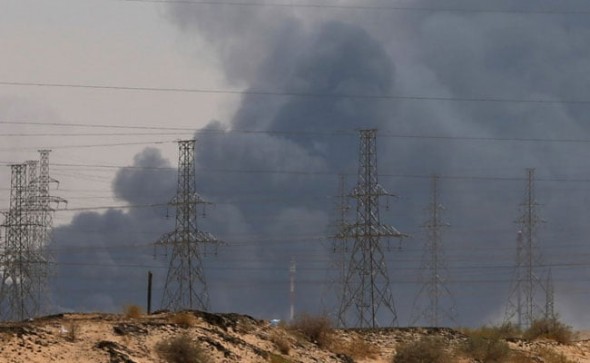Truck sales down 26pc

Daily sales of truck—a major goods carrier—fell 26 percent year-on-year in 2019 owing to bank’s liquidity crisis and a slowdown in public expenditure since the last general elections.
Some 32 units of trucks were sold daily on an average this year, down from 43 in 2018, according to the registration record of the Bangladesh Road Transport Authority (BRTA) and industry people.
From January to July this year, 5,693 units of truck were sold, compared to 12,663 units in the full-year of 2018.
Sales of passenger and commercial cars have declined significantly in India recently and some automakers such as Suzuki India and Mahindra & Mahindra have cut production and laid off workers to cope with the slowdown.
But local market players have ruled out the possibility of the Indian slump to leave an impact on Bangladesh’s automobile industry. “Liquidity crisis in the banking sector emerged in January this year after the general elections which slowed the sales of trucks,” said Taskeen Ahmed, managing director of Ifad Motors Ltd, Bangladesh’s second largest player in the commercial vehicle segment.
Ifad Motors, the sole agent of Indian automaker Ashok Leyland, has 41 percent market share in Bangladesh’s automobile sector. Ahmed said the sale of commercial vehicles depends on the existing market condition of the cement and steel sectors as well as the export and import volumes.
According to Ahmed, the sales in other major sectors have also slowed since January, affecting the sales of trucks.
“We had thought that the sale would accelerate after the election, but it has not happened,” he noted.
Some corporate clients failed to take delivery of trucks despite making the minimum payment in advance as they could not secure loans from banks, Ahmed said.
Hafizur Rahman Khan, chairman of Runner Group, distributor of Eicher branded trucks, said the company’s prediction on the sales of truck mismatched with the final figure as the sales declined.
“We, the commercial vehicle retailers, can’t find the accurate reason for the decline although export, import and agriculture production were on the rise.”
The industry went through a market correction, Khan said.
Existing trucks have the ability to provide services to the businesses as traffic congestion has lessened on the highways and the travel time has also come down due to widening of the highways.
“It is temporary and part of business and the sales may increase from next month.”
Abdul Matlub Ahmad, chairman of Nitol Niloy Group, the sole agent of Indian automobile giant Tata Motors, said the pre- and post-election moods have an impact on the market, which caused the fall of the sales of commercial vehicles, particularly trucks.
Nitol Motors is the market leader in the commercial vehicle segment with 45 percent share.
Ahmad said the government was cautious in spending money for development activities, so big clients did not buy trucks.
The businessman is, however, bullish that the sales may go up in the fourth quarter as the government will disburse funds and the clients will buy trucks when money flow increases.
